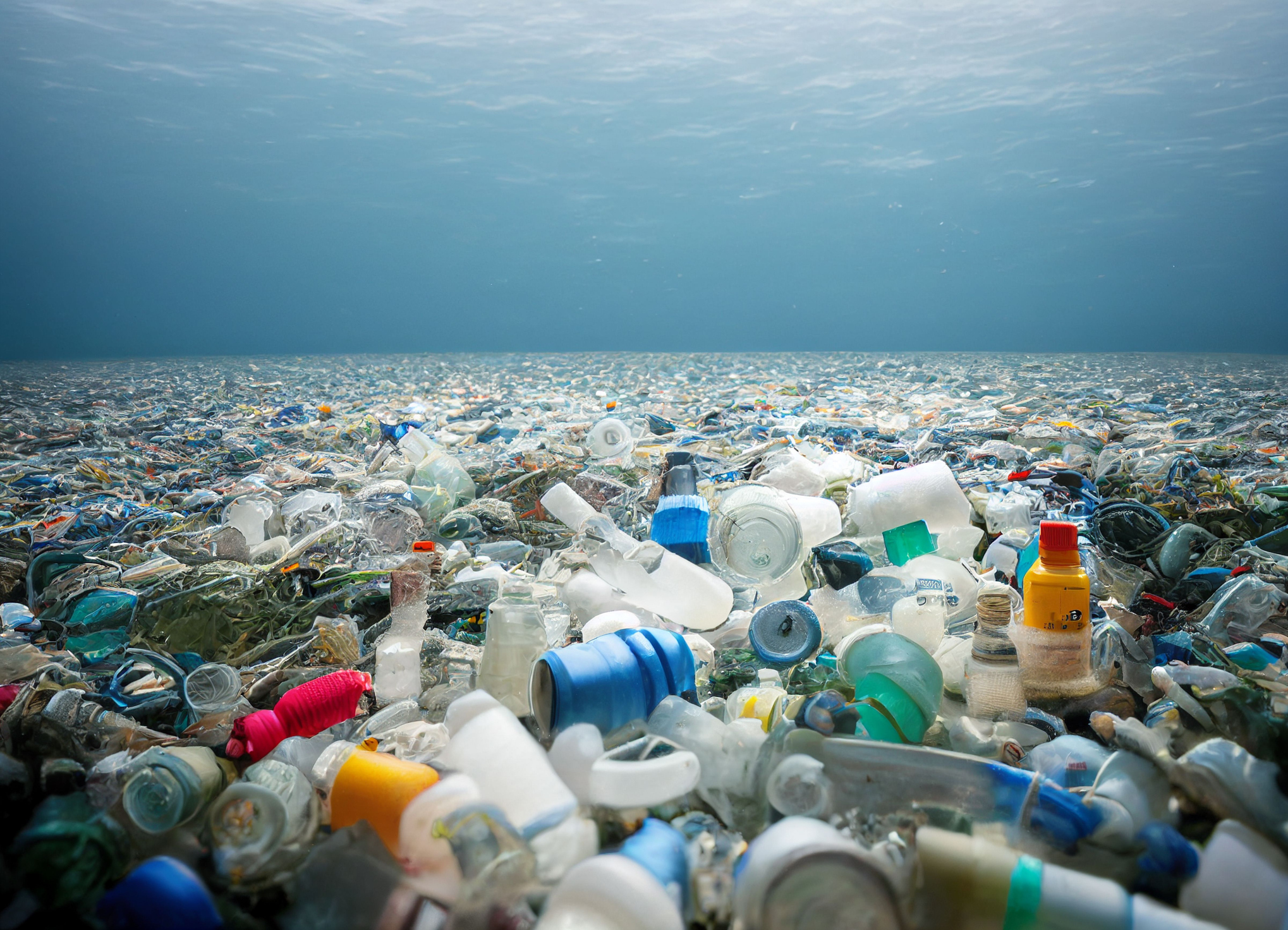Malaysia Enacts Total Ban on U.S. Plastic Waste Imports, Tightens Global Restrictions

In a significant policy shift aimed at curbing the global plastic waste trade, Malaysia will enforce a total ban on the import of all plastic waste from the United States starting July 1, 2025. The move, announced under the revised Customs Act and new import guidelines, aligns the country with the Basel Convention’s Plastic Waste Amendments and signals a growing regional pushback against waste shipments from developed nations.
According to the Basel Action Network (BAN), a global watchdog tracking toxic waste trade, Malaysia has long been a top recipient of plastic waste exports from wealthy countries, particularly the U.S., which remains outside the Basel Convention. With the new policy, all U.S. plastic waste shipments will be prohibited unless a separate bilateral agreement is established—a condition permitted under Basel rules but currently not in place.
Under the updated Customs Act (Schedule 4, Part 1, Item 6), all plastic waste imports into Malaysia must now be pre-approved by SIRIM Berhad, a national standards agency under the Ministry of Investment, Trade and Industry. The agency will oversee pre-shipment inspections and issue import permits based on strict new criteria outlined in the Guidelines for Importation and Inspection of Waste Plastic.
The regulations require that all plastic waste imports come exclusively from Basel Convention Parties and meet extremely high purity thresholds—99.5% for single polymer streams (such as PP, PE, and PET) and no more than 2% contamination by non-plastics such as metal, wood, or paper. There is zero tolerance for food residue, oil, or electronic waste. According to data cited by BAN, post-consumer plastic waste from U.S. states like California routinely fails to meet these benchmarks, with contamination levels ranging from 6–17% for non-plastics and even higher when food and oil residues are present.
“We are ecstatic that this new law aims to stop much of the harmful plastic waste moving in containers each day from Los Angeles to Port Klang under the guise of recycling,” said BAN Executive Director Jim Puckett. “The ‘recycling’ is doing more harm than good as only a fraction of the exports ever get recycled. The plastics that are not feasible to be recycled are often hazardous, or contain microplastics, which are commonly dumped, burned, or released into waterways.”
In addition to banning U.S. imports, Malaysia’s new law also closes off free-trade zones from being used as loopholes. Any attempt to circumvent the law through false customs declarations—such as mislabeling waste under incorrect HS codes—will be considered a criminal offense.
Environmental groups have welcomed the policy but emphasized that enforcement will be key. “Our people and environment in Malaysia have suffered greatly from the pollution caused by imported plastic and electronic waste,” said Wong Pui Yi, a Kuala Lumpur-based researcher with BAN. “But for these new regulations to be successful, the government must enforce them transparently, swiftly prosecute those who violate the law, and close any loopholes that may arise, including clamping down on corruption.”
Malaysia joins other Southeast Asian nations such as Thailand and Indonesia, both of which have also announced plastic waste import bans in 2025. BAN has called on all affected countries to use the Basel Convention framework to safeguard their environment and public health, and urged international freight carriers and recyclers to comply with the new rules.
According to BAN, it will continue to support Southeast Asian governments through “Operation Can Opener,” a regional intelligence-led initiative designed to track illegal waste flows and support enforcement action.
Source: Basel Action Network






